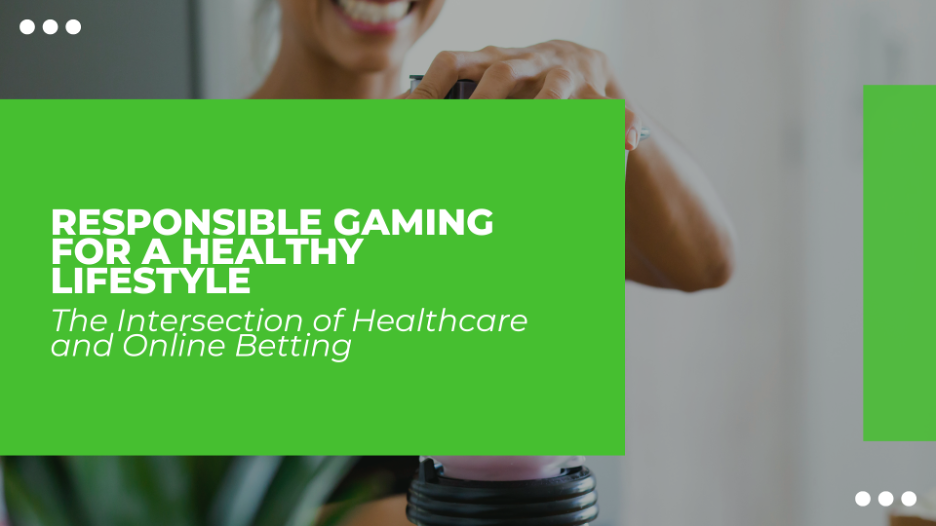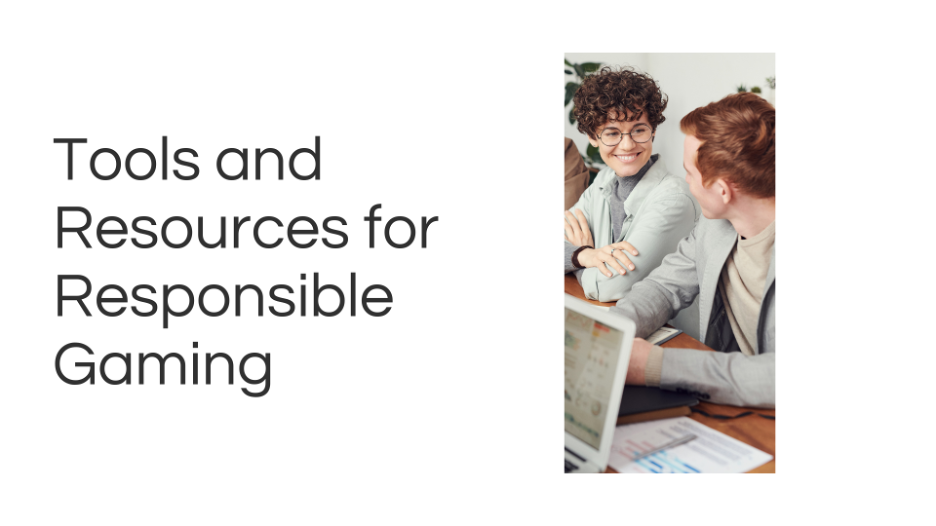
The data provided by Statista demonstrates that the number of online bettors worldwide is projected to reach 181.9 million by 2028. This shows how popular online betting is and proves it is a beloved pastime for many people.
However, along with having fun, it is also vital to stay safe and wager responsibly. Whether taking frequent breaks, managing your bankroll, setting betting limits, or utilising self-exclusion tools, these strategies can be helpful if you face any signs of problem gaming. Responsible betting will not only save you from financial problems but also help you maintain your general health and mental well-being.
Thus, the best way to ensure a safe and enjoyable betting experience is to maintain a golden mean of well-being with recreational activities and responsible gambling practices.
Understanding Responsible Gaming
At its core, responsible or safer gaming means engaging in gambling activities without causing harm to oneself or others or risking financial security. It involves making well-weighed betting decisions, setting time and deposit limits, and understanding the potential risks of online betting.
The Impact of Online Betting on Mental Health
Online betting can be highly addictive due to its easy accessibility and 24/7 availability. The allure of massive winnings can lead people to engage in excessive gambling, even to the detriment of other areas of their lives. This addiction, in turn, can lead to severe mental and psychological problems, like stress, depression, low self-esteem and anxiety. Looking at the research results of the Money and Mental Health Policy Institute in 2020, we can see that over 36% of respondents have become anxious or stressed because of betting.
Another study by Jemimah Ride and Lachlan Cameron in this area revealed that individuals who already have mental health problems are more likely to experience negative effects due to betting. Gaming can impact the part of our brain that releases dopamine. It is the same hormone that makes people feel good and creates feelings of reward and pleasure. So, people with mental health issues may choose to gamble to escape reality or distract themselves when they are upset or angry.
However, betting is not a natural stress reliever like art, exercise, or meditation. Just the opposite, it will massively increase the person's stress level, mess with their mood, harm their relationships and trigger anxiety. And, of course, it will lead to continuous gambling with all its possible consequences.
There is also a strong connection between suicidal thoughts and gambling addiction. People who have lost a large sum of money on gambling or borrowed from their acquaintances can fall into severe depression. If they don't seek help from professionals, they may end up with suicide attempts.
This is exactly where responsible gambling practices can be helpful. As the saying goes, preventing something is easier than dealing with its consequences later. For example, if you use self-exclusion tools, set limits for yourself, and balance your gaming time and daily life, you can prevent many problems.
Integrating Healthcare Practices in Online Betting
One way to decrease the number of problem gamblers and promote safe no-verification betting is to integrate healthcare practices into the field. But how does it work, and what issues does it address? First, medical psychology can assist people in coping with stress management issues.
Professional medical consultants or therapists can help a person identify all the factors that can be the roots of stress during betting. These may be uncertainty, pressure to win, or continuous losses. Once they undertake the source, developing proper strategies to manage and overcome it becomes several times easier.
Other areas where healthcare methods can be quite helpful are developing relaxation skills and practicing mindfulness. Techniques like yoga, meditation, and deep breathing can greatly reduce anxiety and stress caused by gambling. In addition, healthcare integration can help players maintain a healthy balance between their pastimes and daily lives and control their emotions.
Tools and Resources for Responsible Gaming

Today, you can come across various responsible gambling organisations and self-exclusion tools. They can provide timely assistance and guidance to people struggling with problem gambling. Most of these resources and organisations are anonymous and offer free assistance. Let's look through the most popular ones below.
- GamCare – It is a group of organisations across Great Britain that provides personalised and confidential support for anyone experiencing gaming problems. GamCare has a live chat service and a national helpline. They also provide free talking therapy.
- GamStop is probably among the most well-known self-exclusion programmes exclusively designed for bettors who want to stay off gaming for some time. It is a special UK-based platform that empowers users to take control of their betting habits via a self-exclusion programme. After joining the programme, a bettor loses access to all gambling platforms within the system. Here, you can choose between different self-exclusion periods, from just six months to three or five years.
- Gamblers Anonymous is a special organisation that brings together fellow men and women who share their experiences and fight against the gambling problem together. Meetings are held throughout England, Ulster, and Wales.
One thing to note is that licensed sportsbooks without GamStop at NonGamStopCasinos.org also provide responsible gambling resources. For example, they offer self-exclusion tools and free assistance to bettors struggling with excessive gaming. They remind players of the need for self-control and the need for immediate self-exclusion at the first sign of addiction.
The Role of Healthcare Professionals
The primary role of community healthcare professionals is to identify individuals who need support and help for varying levels of betting-related issues. As for the identification, it can occur during regular screenings or outreach in diverse public health, healthcare, or community settings. Once they determine which people need assistance, they can connect them to appropriate gambling support services.
Also, people who struggle with gambling usually share their thoughts and uneasiness with someone they already know and trust. Often, this person is a health professional like a psychologist, a GP, or a health practitioner who provides help for other well-being or health issues. Thus, there is an opportunity for health practitioners to talk to patients about responsible gambling and excessive betting within the context of a broader conversation.
Conclusion
Engaging in online betting, sports, or simply enjoying your time with friends or relatives can bring many positive emotions. However, only as long as you understand your limits and know when exactly to stop. That's why even when you just start your betting experience, make sure to follow general responsible gambling practices to avoid severe consequences in the future like anxiety, depression, or low spirits.
This article is part of the HealthManagement.org Point-of-View Programme.


![Tuberculosis Diagnostics: The Promise of [18F]FDT PET Imaging Tuberculosis Diagnostics: The Promise of [18F]FDT PET Imaging](https://res.cloudinary.com/healthmanagement-org/image/upload/c_thumb,f_auto,fl_lossy,h_184,q_90,w_500/v1721132076/cw/00127782_cw_image_wi_88cc5f34b1423cec414436d2748b40ce.webp)


